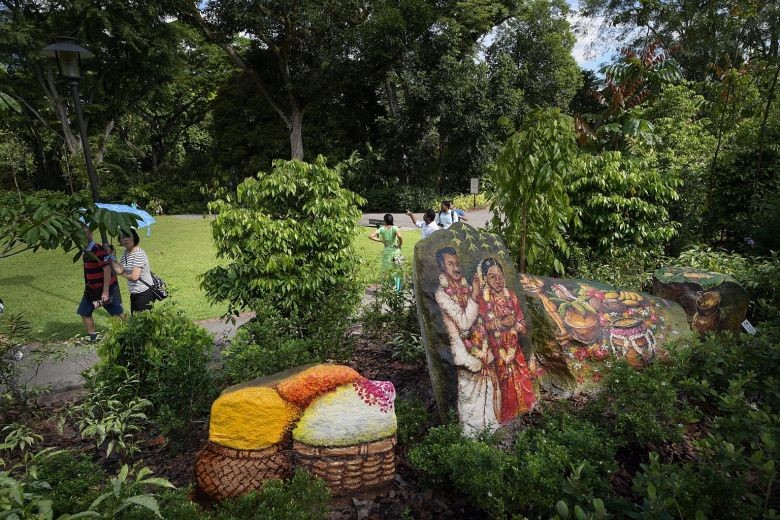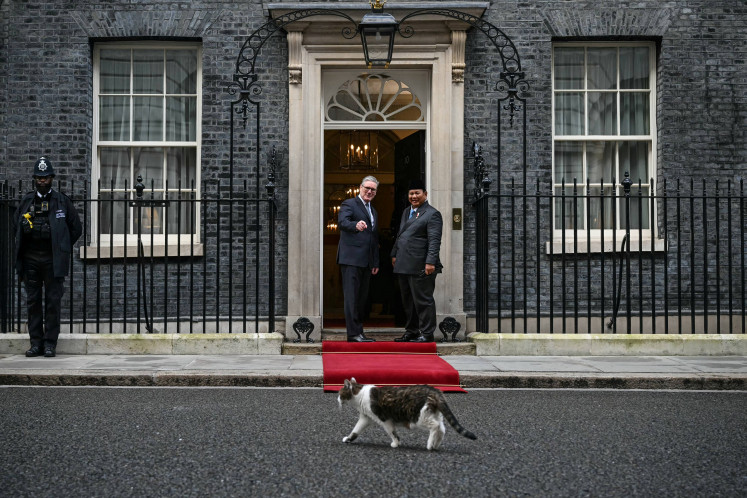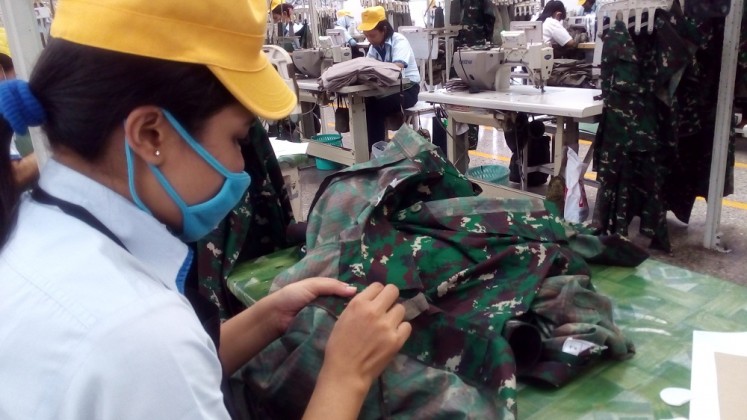Popular Reads
Top Results
Can't find what you're looking for?
View all search resultsPopular Reads
Top Results
Can't find what you're looking for?
View all search results$5.8m attraction opens at Singapore Botanic Gardens
Ethnobotany garden explores how plants are used by indigenous people in Southeast Asia.
Change text size
Gift Premium Articles
to Anyone
V
isitors to the Singapore Botanic Gardens can now check out a new ethnobotany garden, the first of its kind in Singapore, which explores how plants are used by indigenous people in South-east Asia.
The $5.8 million garden was opened yesterday after 11/2 years of construction. Housed in a 1ha space historically known as the economic garden, the new attraction features more than 300 species of plants native to South-east Asia which are traditionally used for medicinal, cultural or craft purposes.
These include the Ketapang, or sea almond tree, with its distinctive almond-flavoured fruit, and the akar fatimah plant, whose leaves are used as extracts in tea to induce childbirth and promote recovery from childbirth.
"Visitors can choose to experience the garden on a sensory level by enjoying the ambience and the plants," said Ms Ng Yuin-Mae, the Botanic Gardens' director of development.
"There are also educational boards scattered throughout for those who want to learn more about the general themes of the garden. There are signs naming the trees and plants found here too, which visitors can find out more about on our online flora and fauna database," she added.
The garden is divided into four zones exploring how plants have been used by people in the region - in daily living, such as through tools or foraging, symbolic and cultural practices, medicinal purposes, and in craftwork and art.
Read also: Exploring Bogor Botanical Garden now easier thanks to mobile app
It also houses a new ethnobotany centre where visitors can explore the history of plants that have shaped the region's economic development, like rubber, nutmeg and cotton.
More than 120 artefacts from around South-east Asia, which are made from plants, are also on display at the centre. These include textiles and clothing made from plant fibres, or musical instruments and hunting tools made from wood.
Minister for Social and Family Development Desmond Lee, who opened the garden, said it is part of a wider plan to enhance the Botanic Gardens as a Unesco world heritage site. "Moving forward, the Singapore Botanic Gardens will continue expanding its role as a world-class institution for tropical plant research and conservation," said Mr Lee, who is also Second Minister for National Development.
The opening of the ethnobotany garden marks the start of the Botanic Gardens' annual heritage festival, now in its third year. The festival includes activities over the next two weekends, such as free movie screenings, plant sales and educational tours.
This article appeared on The Straits Times newspaper website, which is a member of Asia News Network and a media partner of The Jakarta Post







